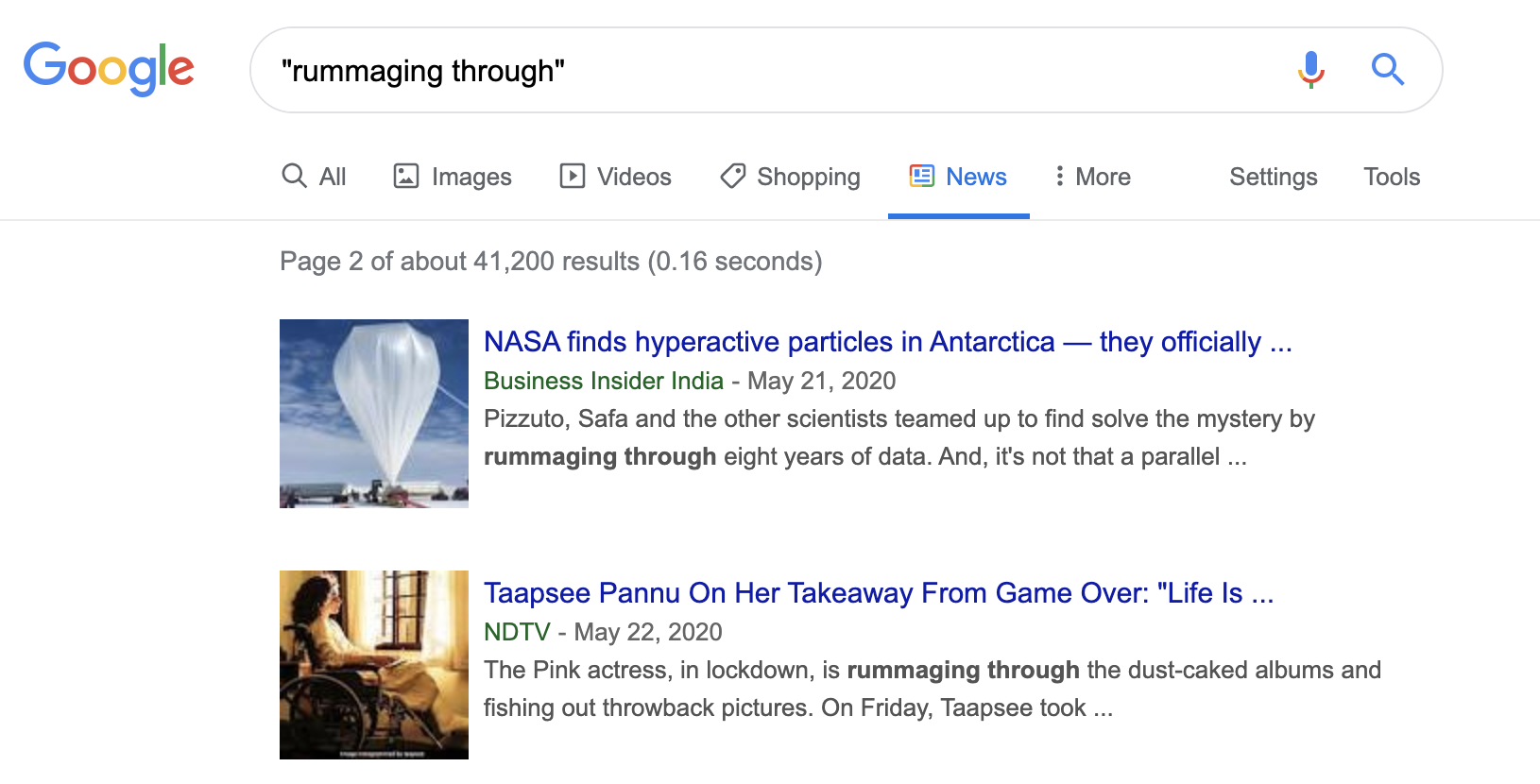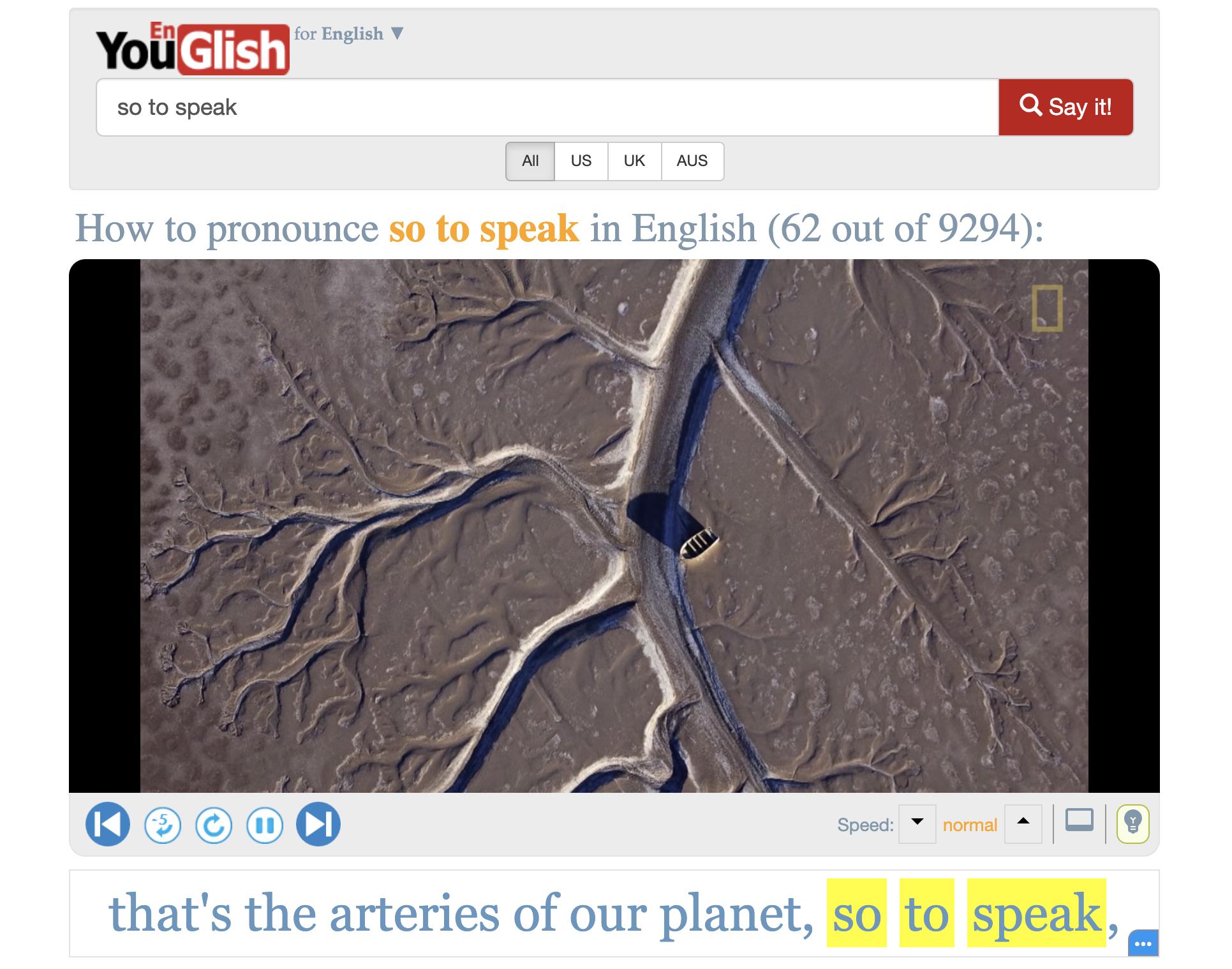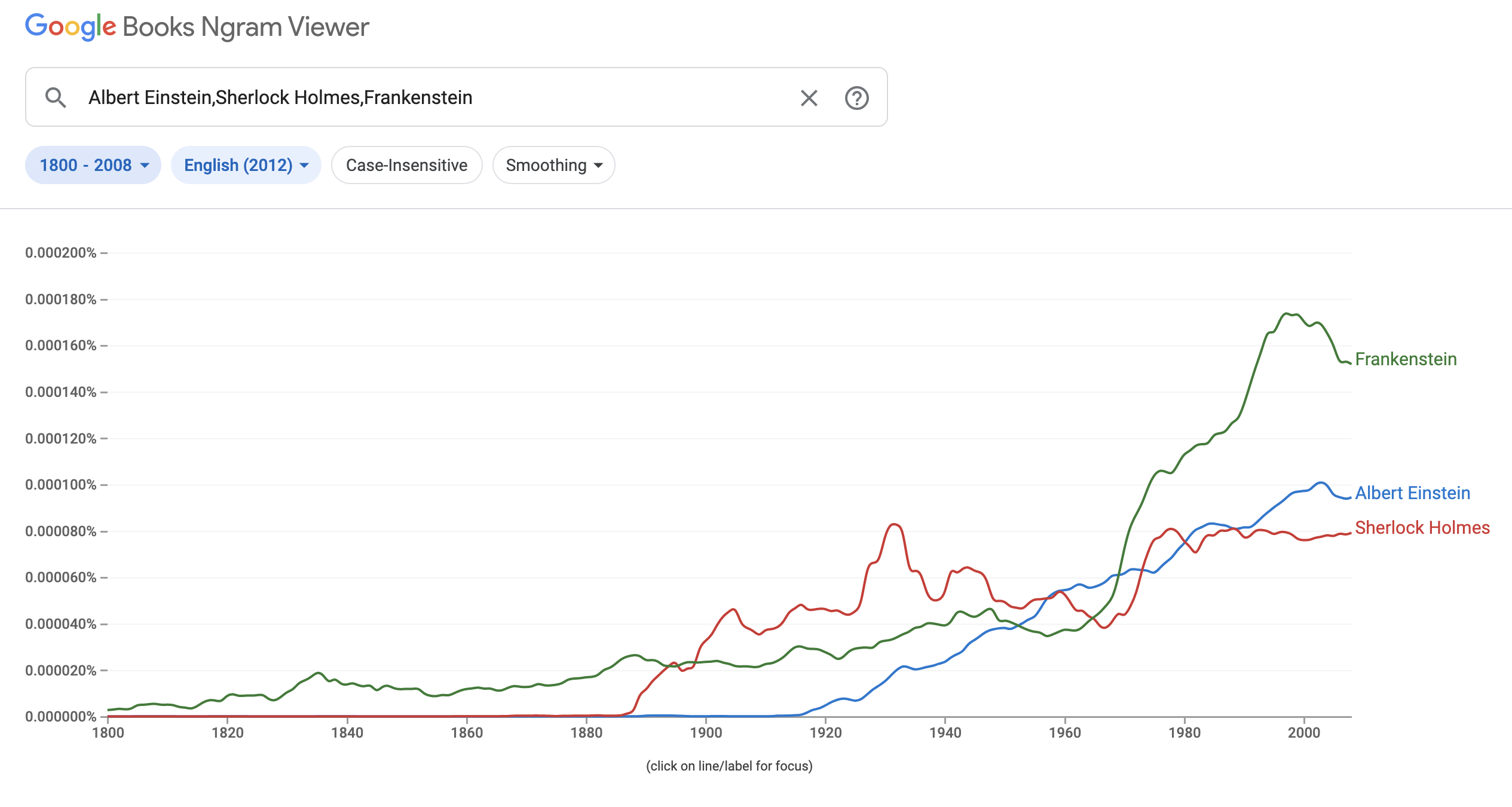Imagine that you are reading the text and stumbled upon an interesting new phrase. Do you always know how to pronounce it correctly and use it in speech? Or, for example, you are writing a letter and cannot decide if you used the expression correctly. These situations are typical for English learners. What do you usually do? Chances are you open Google and maybe even use quotation marks when searching. Not a bad strategy, but there are better alternatives. My name is Daria, I teach English at EPAM, and in this article I will talk about effective approaches and tools for finding examples of the use of vocabulary.
How can you be sure that the examples you find are up-to-date and reliable? Let's start with the obvious. If you want context in which phrases are used, rather than lengthy discussions, there is a little trick - just go to the News tab in Google search and you will find many examples with your phrase from different articles. Although this is the fastest and easiest option, it will not be superfluous to skim through the sources - if there are well-known publications like The Guardian or The New York Times, this is a good sign. But if the list contains only a couple of examples from dubious Internet magazines, perhaps it is worth continuing your search.

For example, you can open the Books tab . There you will find results from books and, accordingly, more confidence in the reliability of the source.

- , , — Youglish Tubequizard, Youtube. , . ? , . , - , ? .

, , Playphrase.me. , Playphrase . , , .

«, , Reverso Context?» — . , . , , , , . , . , .
(corpus) — « , ». , , , , - . , :
-
The Corpus of Contemporary American English (COCA)
Sketch Engine for Language Learning
FLAX (Flexible Language Acquisition)
FrazeIt — , . . ! , , , . Youglish .

, , , Google Books Ngram Viewer — . 5 . , .

, , ( ), — . , . , . , (eng-eng) .
. , . ? !